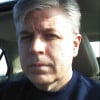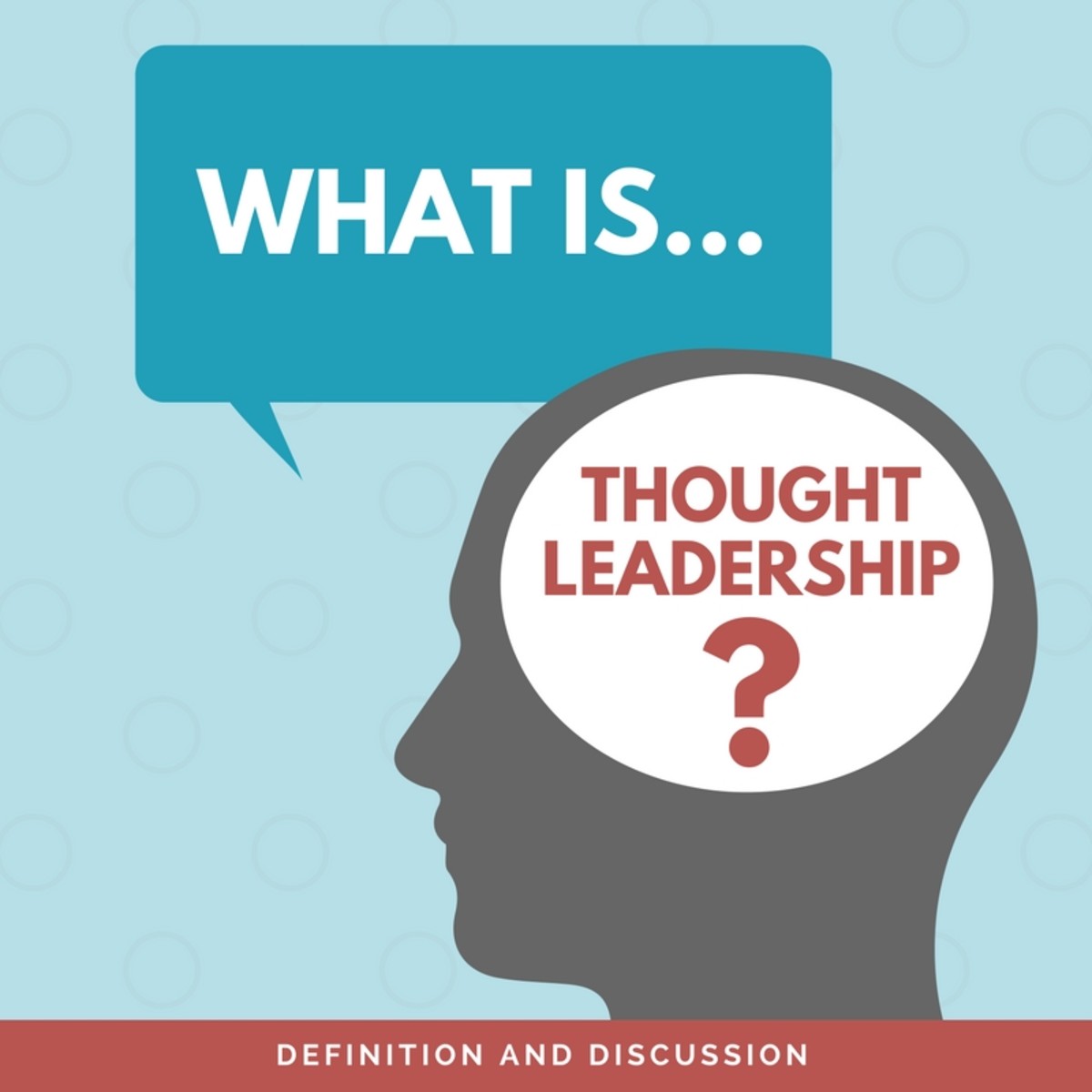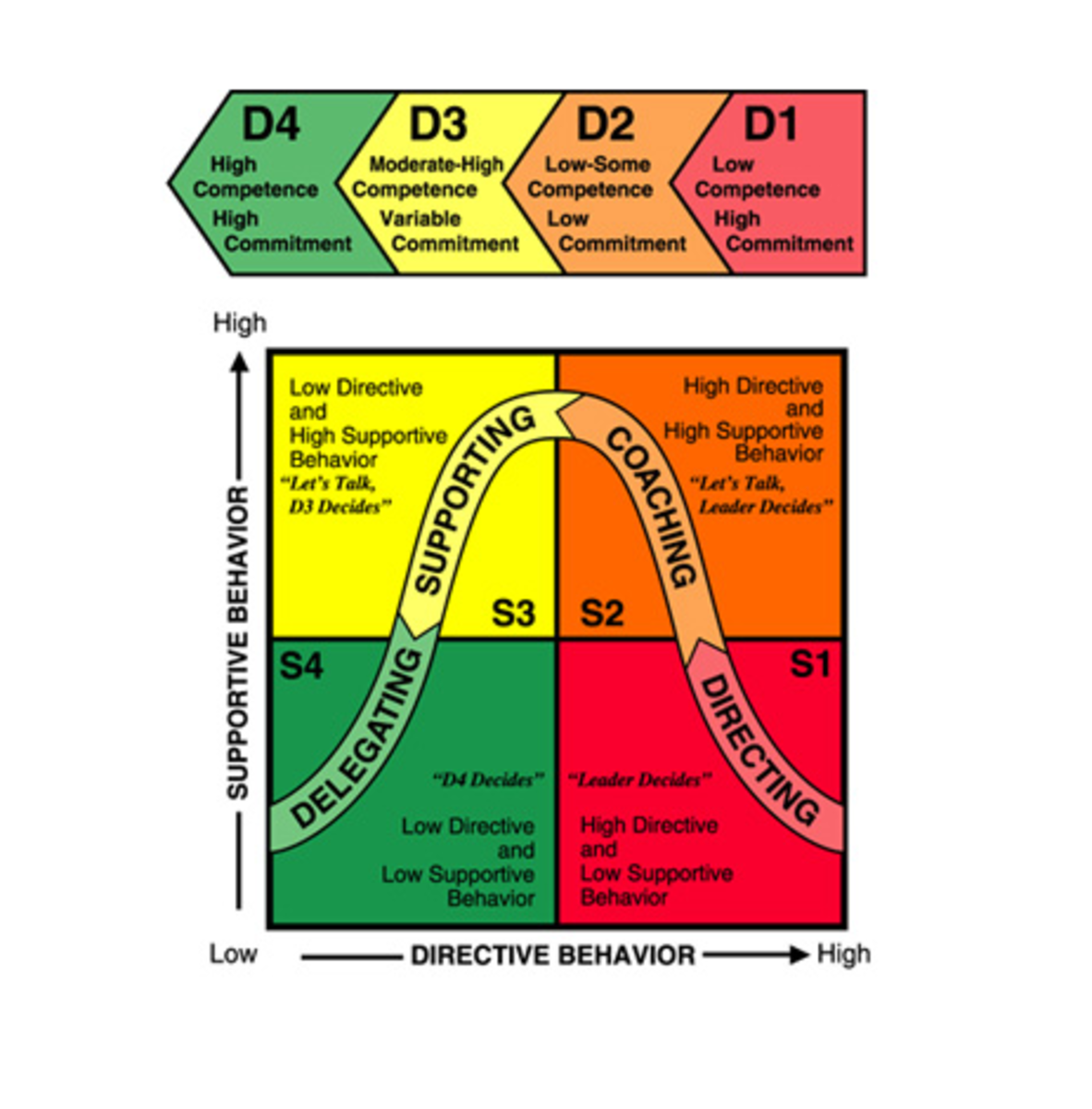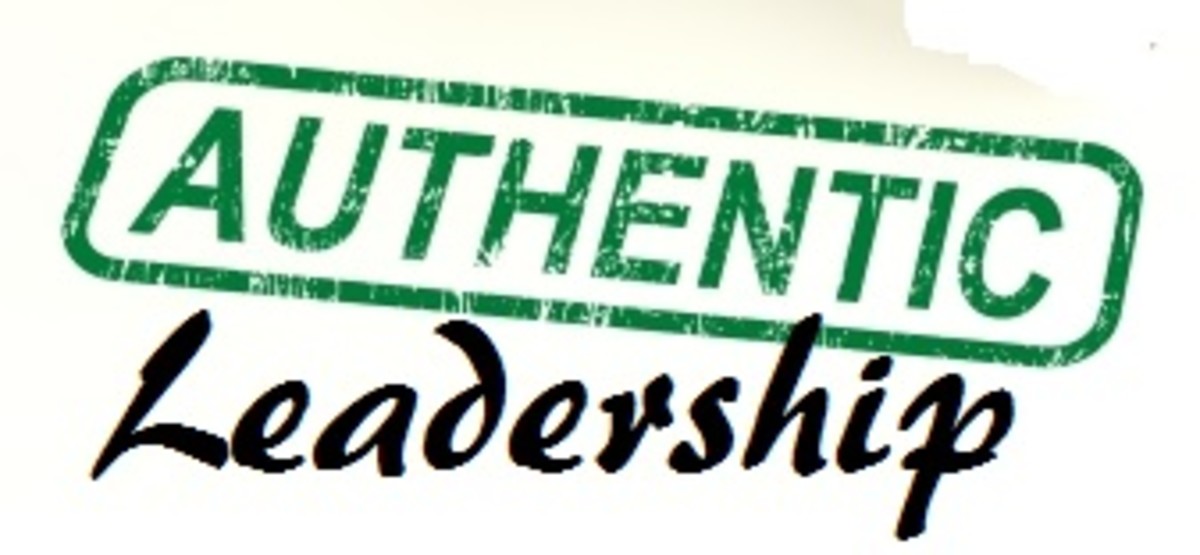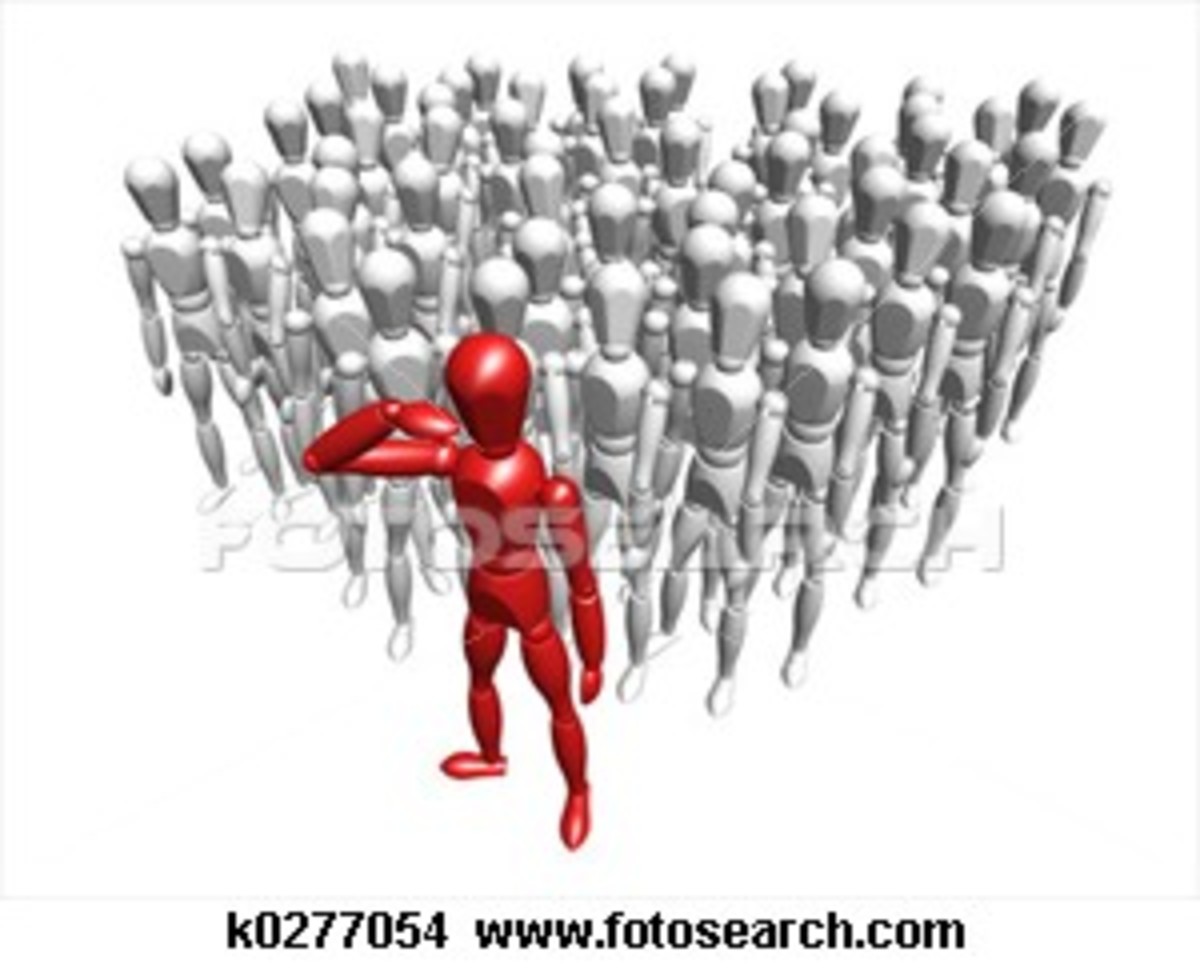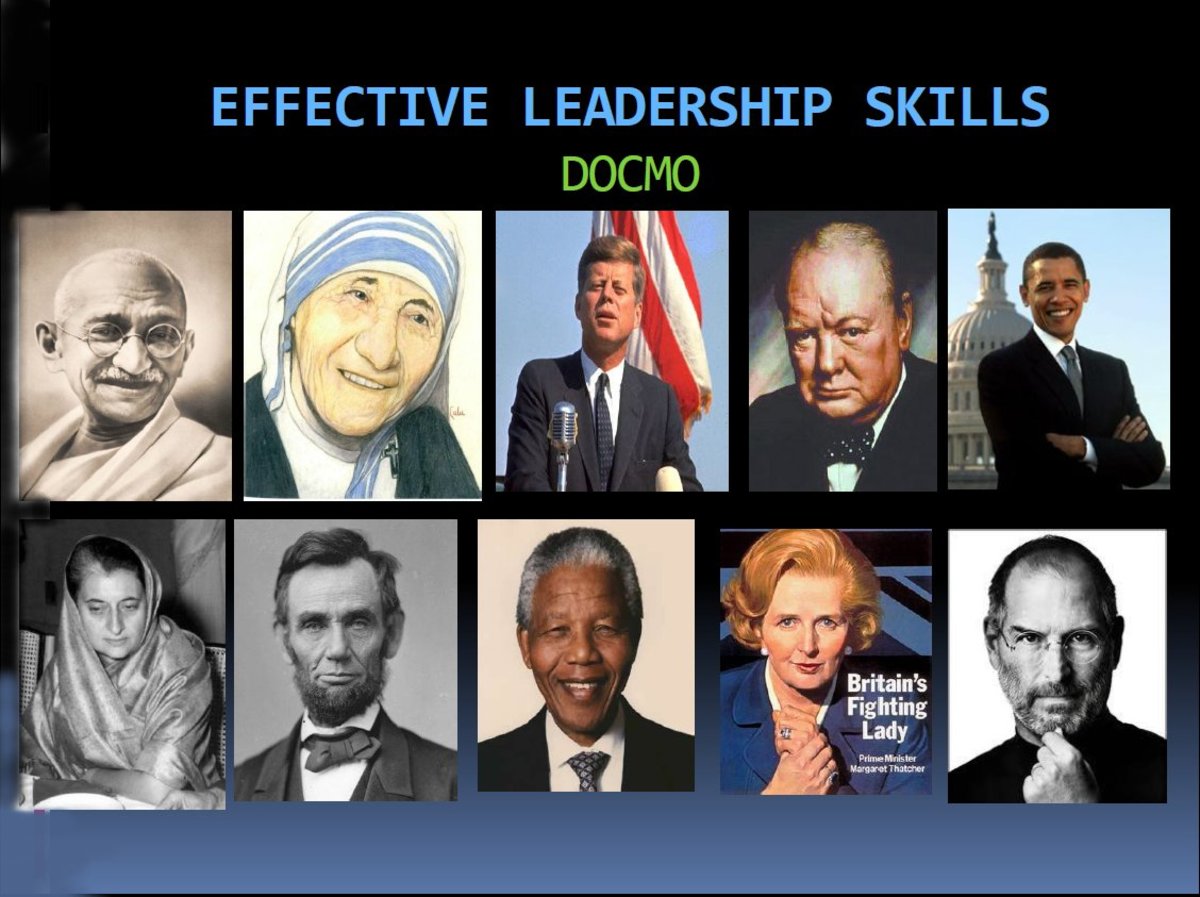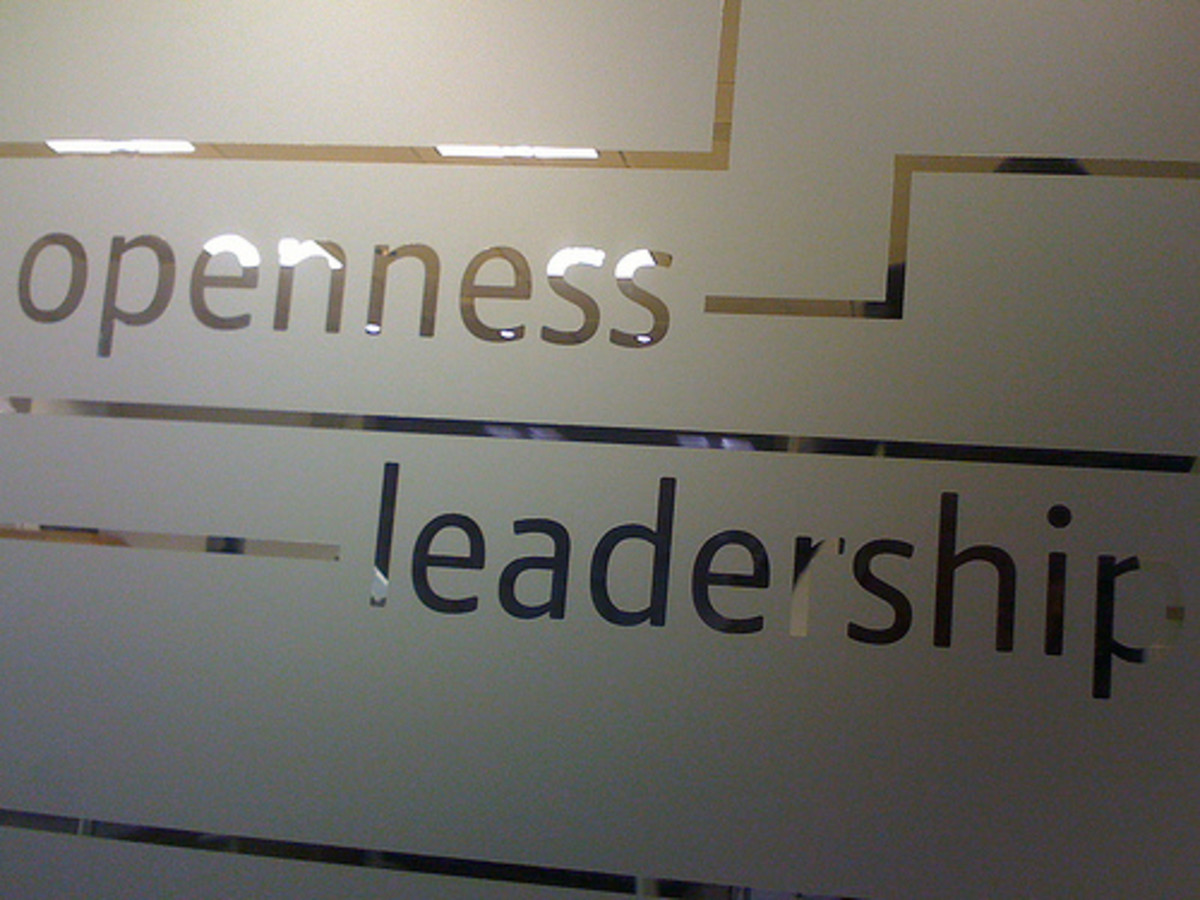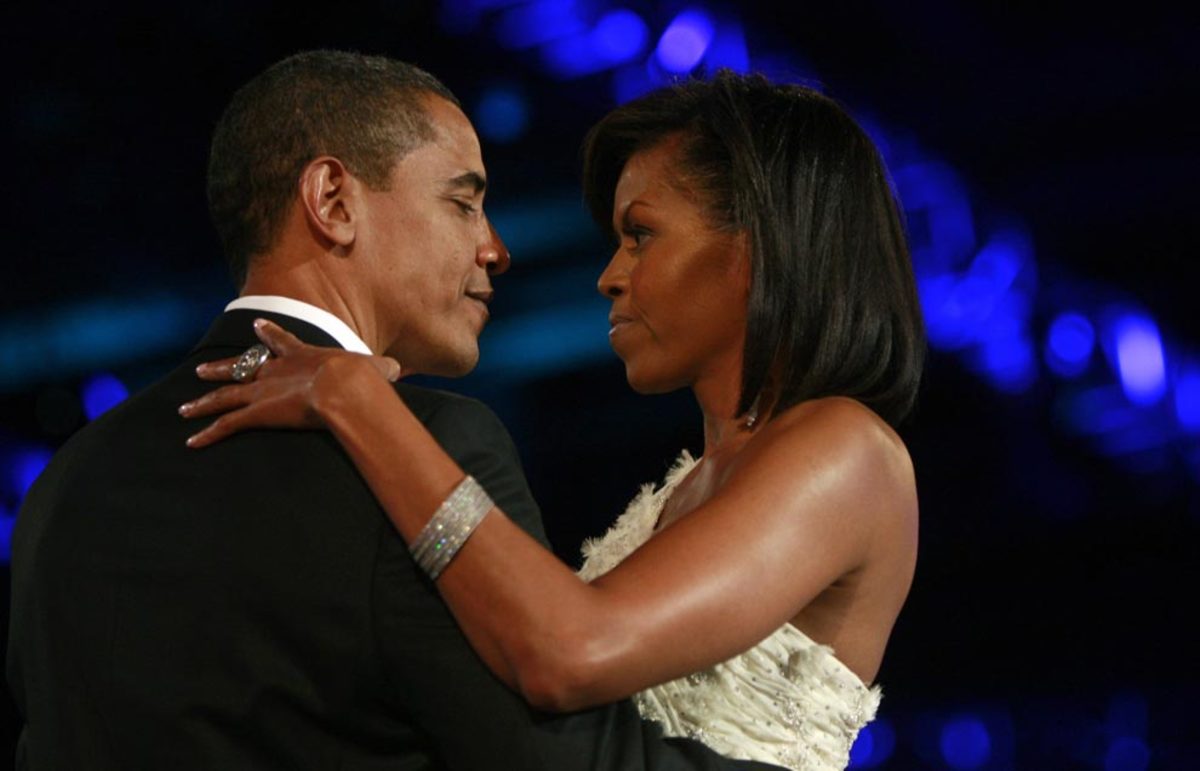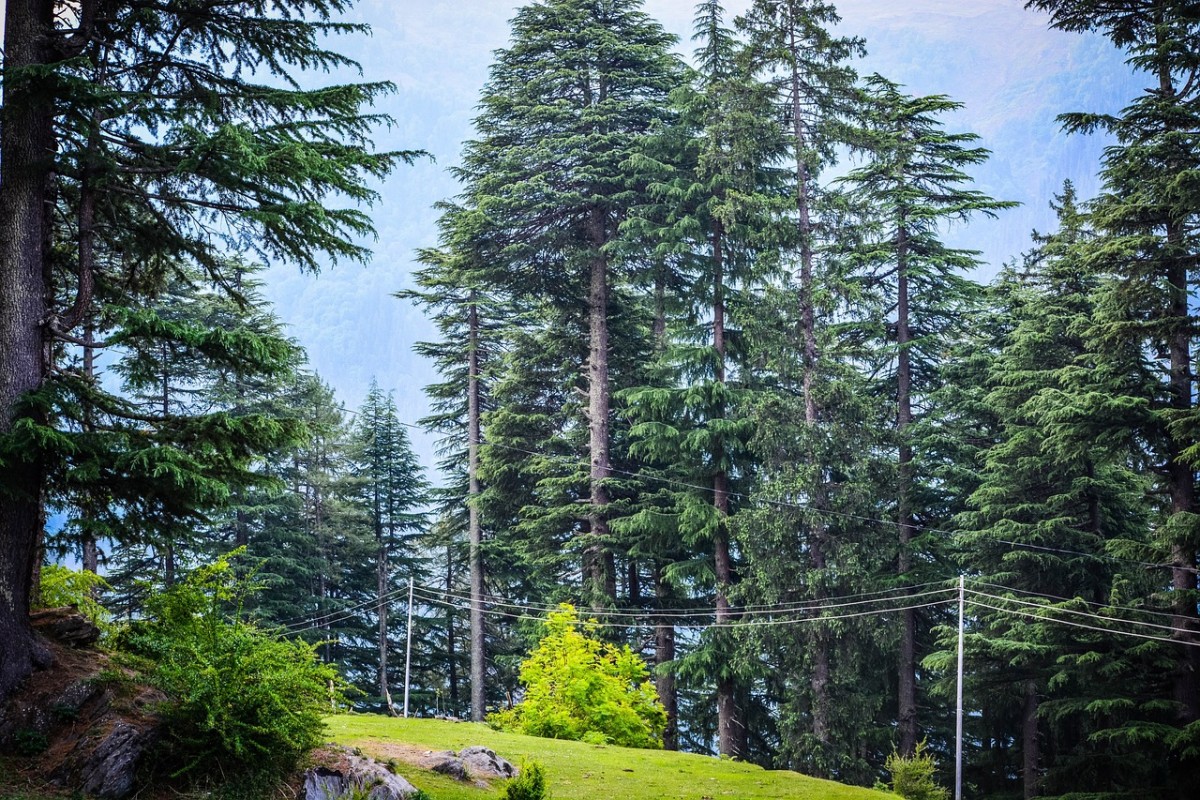What Qualities Make a Great Political Leader "Great"?
A man larger than life, composed of bigger and simpler elements than ordinary men, a gigantic historical figure during his own lifetime, superhumanly bold, strong, and imaginative, one of the two greatest men of action his nation has produced, an orator of prodigious powers, the savior of his country, a legendary hero who belongs to myth as much as to reality, the largest human being of our time .--Isaiah Berlin
Why would Isaiah Berlin make such a grandiose claim about Winston Churchill? What makes for a great leader? In his book Greatness: Reagan, Churchill, and the Making of Extraordinary Leaders , author, Steven Hayward deals with the subject of political greatness, a subject that, he says, is considered passé by some. In our egalitarian and reductionist age, to suggest that some leader might be “greater” than another is poor style. The conventional wisdom is that “every leader has his strengths and weaknesses.” However, Hayward appears to be in revolt against these modern assessments and might be taking a page from George Orwell's thinking: “all leadership strengths are equal; some strengths are more equal than others.”
What is Political Greatness?
But what is political greatness? Hayward uses the definition Aristotle provides which is that political greatness is “the ability to translate wisdom into action on behalf of the public good (p. 17)." So a great leader must not only know what is best for himself, he must also know what his best for society. However, Aristotle’s great statesman is not Plato's “philosopher-king.” In fact, Aristotle’s great statesman is no “intellectual”—a schoolman that is preoccupied with theories and other abstractions. Rather, the great statesman must have “practical wisdom.” This would be a leader that possesses “moral virtue, judgment, and public spirit in a fine balance (pp. 17-18).”
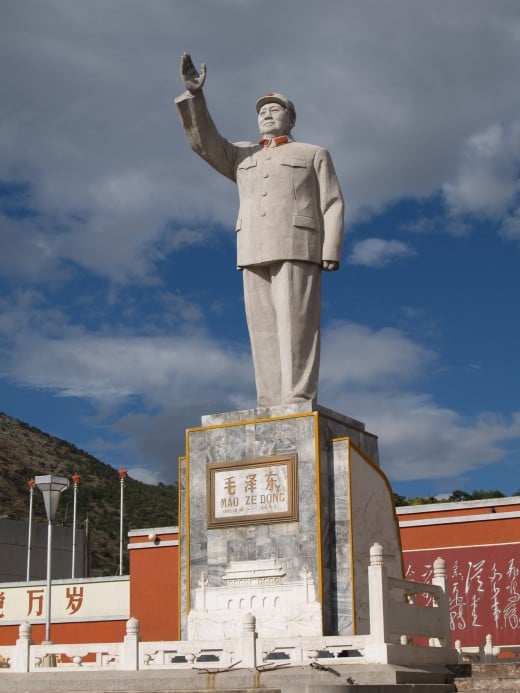
Can Political Greatness be Taught?
So, could you intentionally raise a child to be a statesman like Earl Woods trained Tiger to play golf? Because this discussion was so rich, I decided to write another hub devoted to the subject. To summarize here, Hayward says that training the “great leader” cannot be done like a teacher might train a student to do long division. In fact, Hayward tends to downplay the role of formal training, like what might be received from a college degree, but instead focuses on the “informal education,” what both men learned and experienced after their formal training.
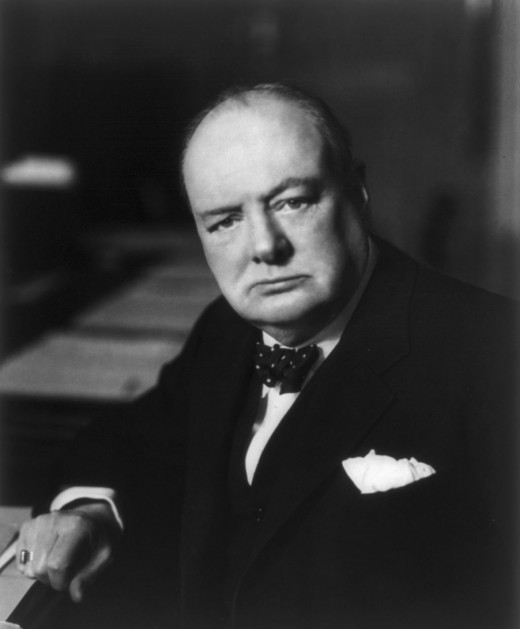
Doesn’t a Great Leader Need to Live in Great Times?
But even if a man is truly a great leader, doesn’t he need to confront some great obstacle to be great? Another way of putting it, as William Manchester suggested, did Churchill need Hitler to be great? or (we can extrapolate) “did Reagan need the Evil Empire”? After all, a leader might be great but we would never know it unless it was demonstrated on the forge of some great event. Hayward seems to suggest that it's not an impending great event that makes a great leader—he rejects that almost Marxist analysis that greatness can be reduced to circumstances. For Hayward, greatness is more than just being lucky, being in the right place at the right time. However, in the final analysis, a great leader without events that called for his great characteristics to be demonstrated would not be known to be great.
Are Great Political Leaders Still Possible?
Finally, why do all the great leaders seem to be in the past? Why don’t we see many today? It’s probably a mistake to scope out our current political landscape, looking for great men. Although Thomas Reed’s view sounds jaundiced, he’s probably right that “a statesman is a successful politician who is dead.” But Hayward believes that great political leaders are still possible, but “greatness of statesmen is seldom recognized in their own time. Typically we only recognize greatness in hindsight (p. 168).” More than likely potential greats of our day will be viewed as “odd’ or “controversial.” Their greatness will likely be obscured by the political opposition they face in the current political climate. Another reason for not recognizing their greatness in their own time is that often the events that modern leaders are currently involved with have not yet resolved themselves. Britons in the 1930s did not know the role that Churchill would play in the undermining of fascism, and Americans had even less knowledge in the early 1980s that Reagan’s actions would bring about a collapsing Berlin Wall and Soviet-styled communism with it.
Churchill was generally pessimistic about the possibility of political heroism, but Reagan was not. “Those who say that we are in a time when there are not heroes just don’t know where to look” was Reagan’s jubilant outlook in 1981 (p. 161). Hayward agrees more with Reagan in that he says that “Greatness is ultimately a question of character. Good character does not change with the times: it has eternal qualities (p. 166)." And because character has “eternal qualities” it will always be something that can be cultivated.
[Quotes from Steven Hayward, Greatness: Reagan, Churchill, and the Making of Extraordinary Leaders (New York: Crown Forum, 2005).]
© 2010 William R Bowen Jr
